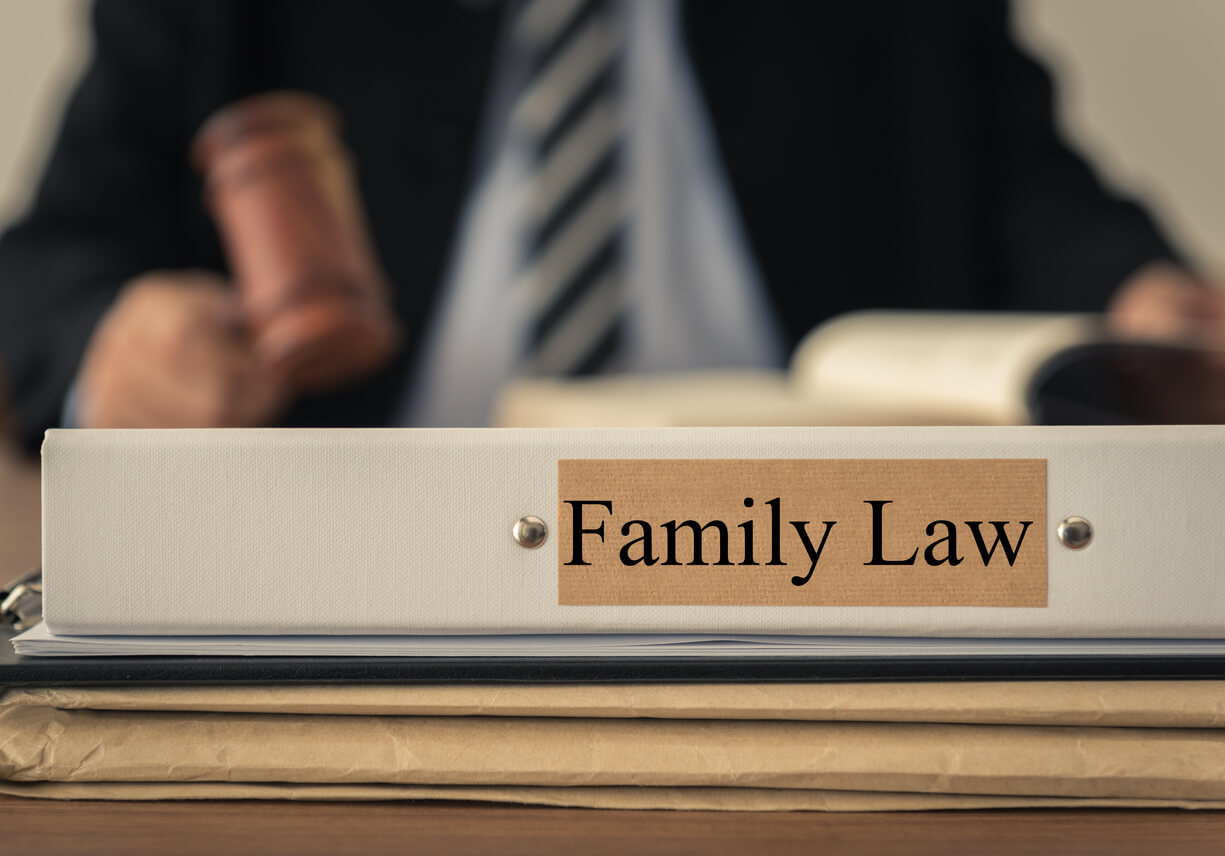Did you know that there is a place where survivors of domestic violence can find comprehensive support and care? A Family Justice Center is more than just a building; it is a lifeline for those affected by family violence.
From providing legal assistance to offering counseling services, these centers play a crucial role in helping survivors rebuild their lives. But what exactly does a Family Justice Center do? How does it empower survivors and foster collaboration among various agencies?
In this discussion, we will explore the pivotal role of Family Justice Centers in ensuring justice and healing for families impacted by violence, and delve into the inspiring success stories that demonstrate the impact of these centers on individuals and communities.
Understanding Family Justice Centers

If you’re seeking support and resources for your family during a time of crisis, the Family Justice Center is here to provide compassionate assistance and guidance. Understanding the inner workings of Family Justice Centers can help you access the help you need when you need it most.
One challenge that Family Justice Centers face is funding. These centers rely on a combination of government grants, private donations, and partnerships with community organizations. Securing stable and consistent funding can be a struggle, but it’s crucial to ensure that Family Justice Centers can continue to provide their vital services to families in crisis.
Community outreach is another important aspect of Family Justice Centers. These centers actively engage with their local communities to raise awareness about the services they offer. Through educational programs, public events, and collaboration with community organizations, Family Justice Centers work tirelessly to reach those who may need their support.
Services Offered
Now let’s explore the range of services that Family Justice Centers offer to support families in crisis.
Family Justice Centers understand the importance of providing comprehensive care to families facing difficult circumstances. One of the key services offered is counseling and therapy.
These centers prioritize mental health and emotional well-being by providing access to qualified professionals who can offer support and guidance during challenging times. Through individual and group therapy sessions, families can find a safe space to process their emotions, heal from trauma, and develop coping mechanisms.
Another crucial service offered by Family Justice Centers is legal and advocacy support. These centers recognize the importance of legal representation and advocacy for families navigating complex legal systems.
They provide access to skilled attorneys who can guide families through legal processes such as filing for protection orders, divorce, child custody, and more. Additionally, they offer advocacy services to ensure that families receive the necessary support and resources to rebuild their lives.
Importance of Collaboration

Collaboration plays a vital role in the success and effectiveness of Family Justice Centers, as it allows for a comprehensive and holistic approach to supporting families in crisis. Family Justice Centers rely on cross-sector partnerships and community engagement to provide the best possible services to those in need.
Cross-sector partnerships are essential in Family Justice Centers because they bring together professionals from various fields, such as law enforcement, legal services, healthcare, and social services, to work collaboratively.
By pooling their expertise and resources, these professionals can provide a more comprehensive range of services to families who are facing multiple challenges.
For example, a Family Justice Center may have a team of professionals who can address legal issues, provide counseling and therapy, and connect families to housing and employment resources, all under one roof. This integrated approach ensures that families receive the support they need in a coordinated and efficient manner.
Community engagement is also crucial in Family Justice Centers. By involving the community, these centers can better understand the unique needs and challenges faced by families in crisis. Community members can contribute their knowledge, skills, and resources to support families and help develop effective strategies for prevention and intervention.
Moreover, community involvement helps to reduce stigma and promote awareness of the services provided by Family Justice Centers, encouraging more individuals and families to seek help when needed.
Empowering Survivors
Empowering survivors is at the heart of the mission of Family Justice Centers, as they provide comprehensive support and resources to help individuals reclaim their lives after experiencing crisis and trauma. These centers are dedicated to empowering survivors by offering a wide range of services that address their unique needs and challenges.
Survivor empowerment is a crucial aspect of the work done by Family Justice Centers. These centers understand that survivors of domestic violence, sexual assault, and other forms of abuse often feel powerless and isolated.
By providing them with a safe and supportive environment, Family Justice Centers help survivors regain control over their lives and find the strength to move forward.
Through survivor support programs, Family Justice Centers aim to rebuild the lives of those affected by violence. They offer counseling, legal assistance, housing support, and job training, among other services.
These resources not only help survivors navigate the legal and practical aspects of their situations but also provide them with the tools to rebuild their lives and become self-sufficient.
Moreover, Family Justice Centers promote empowerment through community engagement and education. They work closely with local organizations, law enforcement agencies, and community leaders to raise awareness about domestic violence and its impact.
By educating the community, Family Justice Centers strive to create a culture of support and understanding, where survivors aren’t only believed but also empowered to seek help and break the cycle of abuse.
Impact and Success Stories

Family Justice Centers have had a significant impact on the lives of survivors, providing them with the support and resources needed to overcome the challenges they face. One of the key factors contributing to their success is the strong community partnerships they foster.
By collaborating with various organizations, such as law enforcement agencies, healthcare providers, and social service agencies, Family Justice Centers can offer survivors a comprehensive network of support. These partnerships ensure that survivors receive the necessary emotional, legal, and practical assistance to rebuild their lives.
In addition to community partnerships, Family Justice Centers provide survivors with a range of supportive resources. These resources include counseling services, legal advocacy, housing assistance, and access to healthcare.
By offering a holistic approach to healing and recovery, Family Justice Centers empower survivors to regain control over their lives and break free from the cycle of violence. The impact of Family Justice Centers can be seen through the countless success stories of survivors who’ve benefitted from their services.
These stories highlight the transformation that survivors undergo, from fear and helplessness to empowerment and resilience. Survivors have found the strength to leave abusive relationships, seek justice, and rebuild their lives with the support of Family Justice Centers.
Family Justice Centers play a crucial role in creating a safe and supportive environment for survivors. Through their community partnerships and supportive resources, they’re able to make a lasting impact on the lives of those affected by domestic violence and other forms of abuse.
Frequently Asked Questions
How Can Individuals Access the Services Offered by Family Justice Centers?
You can access the services offered by family justice centers by reaching out to them. They provide a range of support options, ensuring you receive the help and guidance you need during difficult times.
Are Family Justice Centers Only for Survivors of Domestic Violence, or Do They Also Serve Survivors of Other Crimes?
Family justice centers are not only for survivors of domestic violence. They also serve survivors of other crimes. Expanding the scope of services at family justice centers ensures that all survivors receive the support and resources they need.
What Types of Professionals or Organizations Are Typically Involved in Collaboration Efforts at Family Justice Centers?
Interdisciplinary collaboration and community partnerships are vital in family justice centers. Professionals and organizations from various fields, such as law enforcement, social services, legal aid, and healthcare, work together to support survivors and provide comprehensive services.
What Are Some Examples of Specific Empowerment Programs or Initiatives Provided by Family Justice Centers?
You can find empowerment initiatives and support programs at family justice centers. These programs aim to provide resources and assistance to help you regain control, rebuild your life, and create a brighter future.
Can You Provide Any Statistics or Data on the Overall Impact and Success Rates of Family Justice Centers in Helping Survivors?
Family Justice Centers have a significant impact on survivors. The success rates are impressive, with 85% of survivors reporting improved safety and well-being. The comprehensive services offered truly make a difference in their lives.
